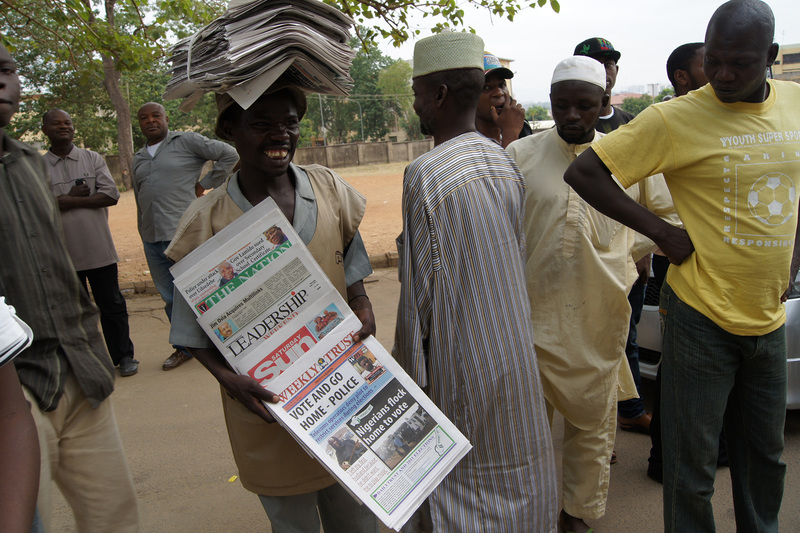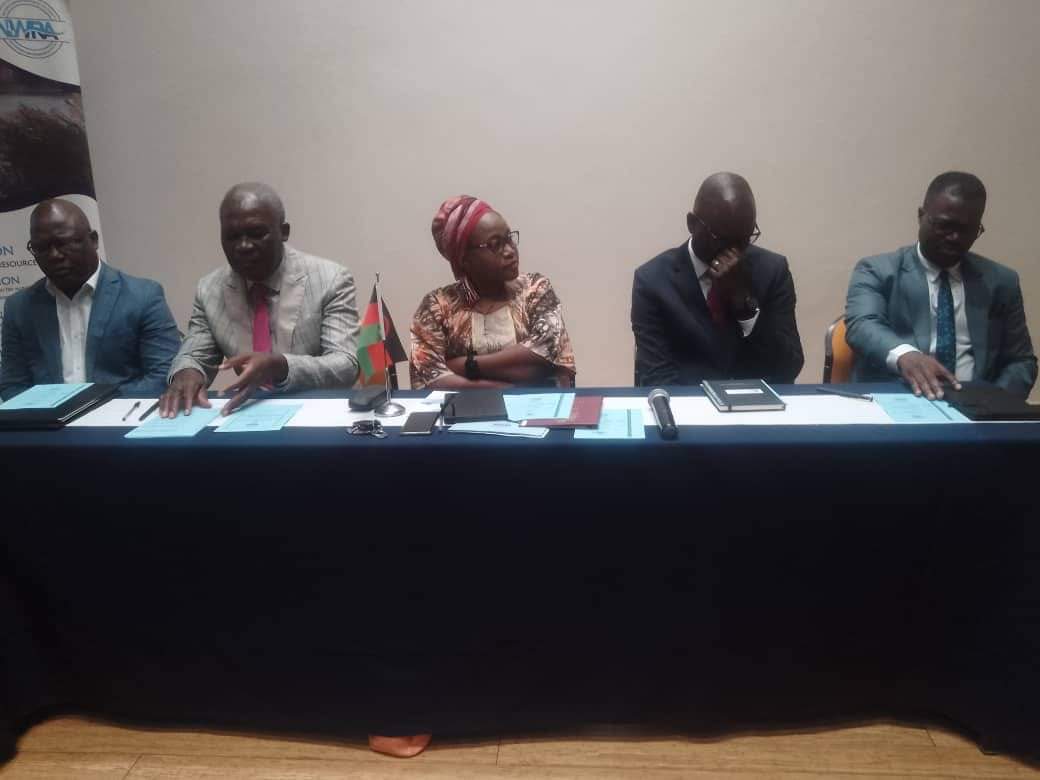By Burnett Munthali
African politics is a complex and multifaceted landscape, shaped by a myriad of factors that go beyond the surface-level issues often highlighted by donor countries and international development agencies. While deficiencies in governance, corruption, conflicts, and insecurity in multi-ethnic societies are frequently cited as major problems, the political realities of individual African nations are far more nuanced and varied.
Firstly, governance remains a significant challenge across many African nations. Weak institutions, lack of transparency, and limited capacity for effective policy implementation hinder progress. In several countries, governance structures are often plagued by inefficiencies and a lack of accountability, undermining public trust and stalling development efforts.
Secondly, corruption is another pervasive issue, affecting both public and private sectors. It erodes trust in institutions, diverts resources away from essential services, and exacerbates inequality. While corruption is not unique to Africa, its impact is particularly pronounced due to the often-limited enforcement mechanisms and oversight in place.
Thirdly, conflicts, whether internal or cross-border, continue to destabilize many African countries. These conflicts are frequently driven by ethnic, political, or resource-based tensions. The resulting insecurity disrupts economic development, displaces communities, and strains national resources.
Fourthly, the diversity within African nations, comprising multiple ethnic groups with distinct identities and interests, adds another layer of complexity. While this diversity is a rich cultural asset, it can also lead to tensions and conflicts, particularly when political power is perceived to be monopolized by one group at the expense of others.
Fifthly, political instability and authoritarian regimes are prominent issues in several African countries. Leaders who cling to power, often through undemocratic means, contribute to prolonged instability. This lack of political plurality and respect for democratic processes hinders long-term development and progress.
Sixthly, economic instability, high levels of poverty, and inadequate infrastructure further complicate the political landscape. Economic hardship often fuels political unrest and can undermine efforts to build strong, democratic institutions.
Seventhly, donor countries and international development agencies, while well-intentioned, sometimes focus on surface-level issues without fully understanding the local contexts. Their interventions can sometimes exacerbate existing problems or fail to address the root causes of political instability.
Eigthly, colonial histories and the legacy of arbitrary borders have left lasting impacts on the political landscape. Many African nations inherited political boundaries that do not align with ethnic or cultural realities, contributing to ongoing tensions and conflicts.
In conclusion, the political problems facing African nations are deeply rooted and multifaceted. While international attention often highlights specific issues such as corruption and conflicts, understanding the broader context is essential for effective solutions. Each nation has its unique set of challenges, shaped by historical, cultural, and economic factors. Addressing these problems requires a nuanced approach that considers the individual realities of each country and fosters homegrown solutions tailored to their specific needs and contexts




